To provide the best experiences, we use technologies like cookies to store and/or access device information. Consenting to these technologies will allow us to process data such as browsing behaviour or unique IDs on this site. Not consenting or withdrawing consent, may adversely affect certain features and functions.
The technical storage or access is strictly necessary for the legitimate purpose of enabling the use of a specific service explicitly requested by the subscriber or user, or for the sole purpose of carrying out the transmission of a communication over an electronic communications network.
The technical storage or access is necessary for the legitimate purpose of storing preferences that are not requested by the subscriber or user.
The technical storage or access that is used exclusively for statistical purposes.
The technical storage or access that is used exclusively for anonymous statistical purposes. Without a subpoena, voluntary compliance on the part of your Internet Service Provider, or additional records from a third party, information stored or retrieved for this purpose alone cannot usually be used to identify you.
The technical storage or access is required to create user profiles to send advertising, or to track the user on a website or across several websites for similar marketing purposes.
 Companies are searching for ways to reinvent the office and give employees reasons to return to their workplace and a new report by JLL says the focus must be on the workforce. The report, Reimagine: the new future of work to shape a better world predicts that the future of work will involve companies prioritising the health, wellness and mental well-being of employees. (more…)
Companies are searching for ways to reinvent the office and give employees reasons to return to their workplace and a new report by JLL says the focus must be on the workforce. The report, Reimagine: the new future of work to shape a better world predicts that the future of work will involve companies prioritising the health, wellness and mental well-being of employees. (more…)







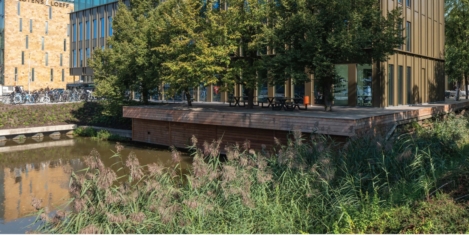
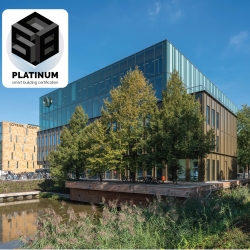 Smart Building Certification, the organisation behind the smart accreditation, awarded its first platinum building. The founders of Smart Building Certification handed the first official platinum certification over to Coen van Oostrom, Founder and CEO of EDGE.
Smart Building Certification, the organisation behind the smart accreditation, awarded its first platinum building. The founders of Smart Building Certification handed the first official platinum certification over to Coen van Oostrom, Founder and CEO of EDGE. 
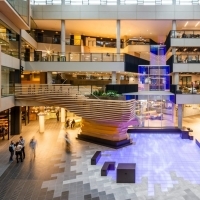 The COVID-19 pandemic left businesses in an unprecedented position of having to rapidly adapt workplace practices and implement new processes at a moment’s notice. Of course, those companies that were already accustomed to home office set-ups and flexible hours were in a much better place to adapt to these changing circumstances. However, not all businesses were prepared for the sudden change to work routines.
The COVID-19 pandemic left businesses in an unprecedented position of having to rapidly adapt workplace practices and implement new processes at a moment’s notice. Of course, those companies that were already accustomed to home office set-ups and flexible hours were in a much better place to adapt to these changing circumstances. However, not all businesses were prepared for the sudden change to work routines. 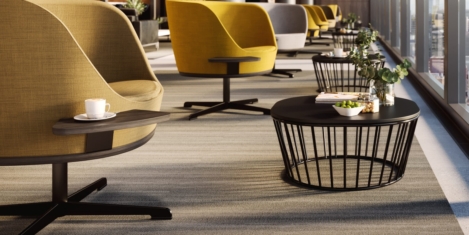
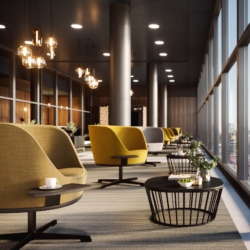
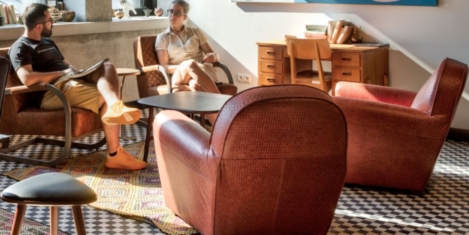
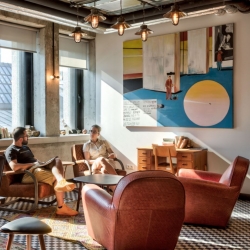 The pandemic and months of Zoom calls and remote work have begun to wear on us, so much so that in
The pandemic and months of Zoom calls and remote work have begun to wear on us, so much so that in 
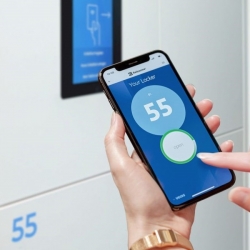 The way in which we work has changed in a way no one would have ever predicted as a result of last year’s pandemic. Consequently, many businesses have chosen to adopt to an agile working practise. This coupled with the rapid evolution of the hybrid workplace has allowed more employees than ever the flexibility to work from home, many people however still crave that interaction with colleagues, and the ‘corridor conversations’ that cannot be replicated via Zoom and can only happen with workplace collaboration.
The way in which we work has changed in a way no one would have ever predicted as a result of last year’s pandemic. Consequently, many businesses have chosen to adopt to an agile working practise. This coupled with the rapid evolution of the hybrid workplace has allowed more employees than ever the flexibility to work from home, many people however still crave that interaction with colleagues, and the ‘corridor conversations’ that cannot be replicated via Zoom and can only happen with workplace collaboration. 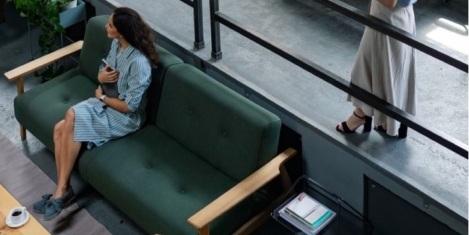
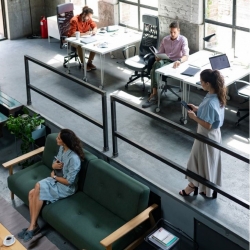 Avison Young, realestateworks and HLM Architects have launched
Avison Young, realestateworks and HLM Architects have launched 
 Research published by
Research published by 


 With many continuing to work remotely for the foreseeable future, new insights from
With many continuing to work remotely for the foreseeable future, new insights from 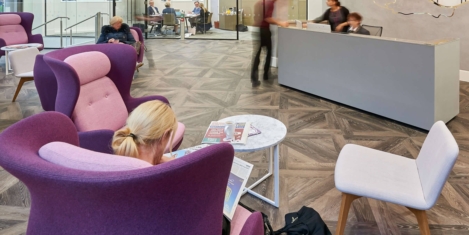
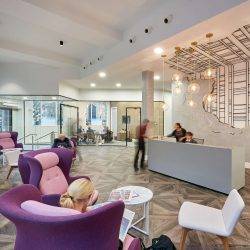 Most of the analysis about the effects of the 2020 pandemic on people’s working lives has tended to involve grand statements about new normals and the death of this or that, as if everybody wants the same things, has the same personal circumstances, works in the same ways, the same places and same sectors.
Most of the analysis about the effects of the 2020 pandemic on people’s working lives has tended to involve grand statements about new normals and the death of this or that, as if everybody wants the same things, has the same personal circumstances, works in the same ways, the same places and same sectors. 








January 21, 2021
Hybrid working gives managers the chance to excel
by Paul Jewitt-Harris • Comment, Flexible working